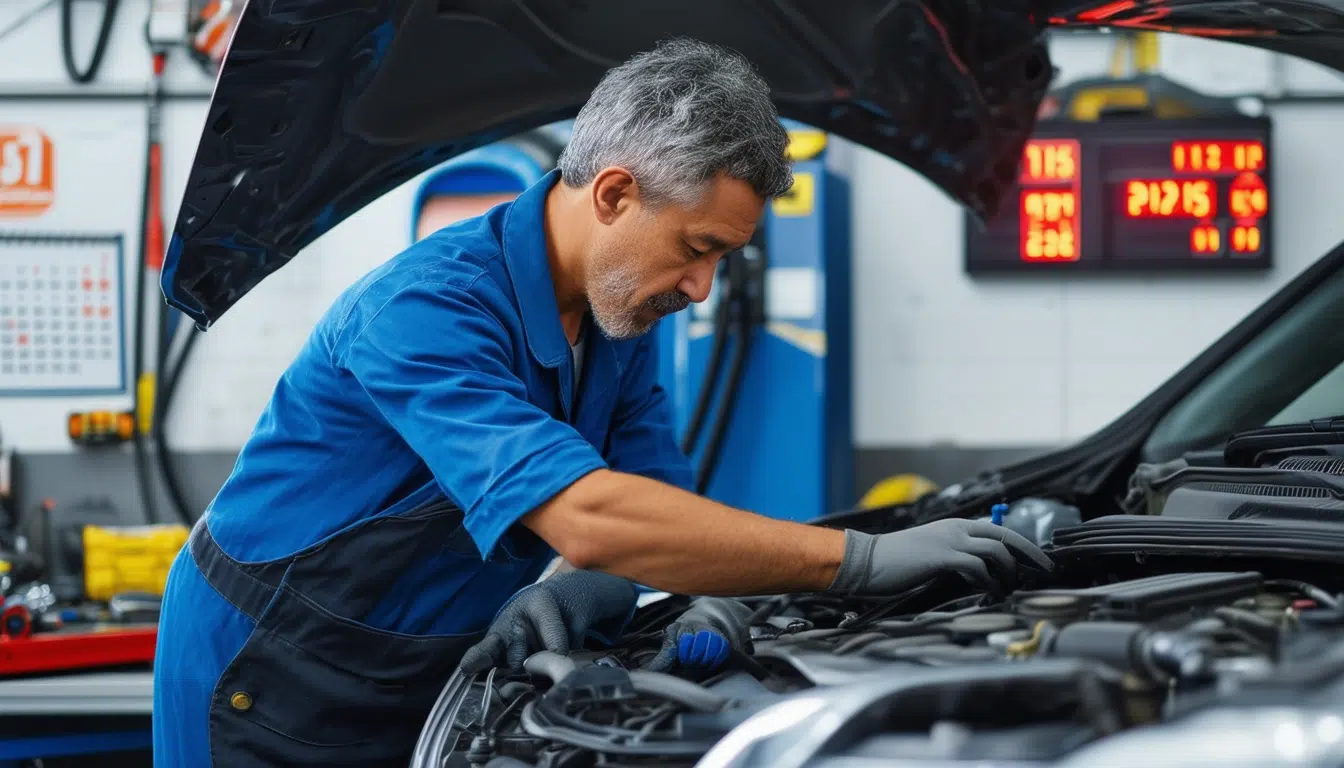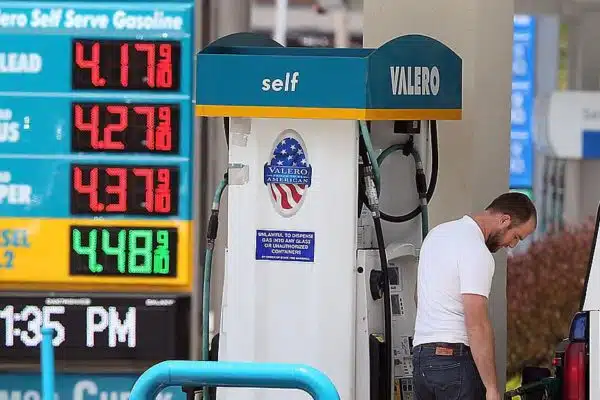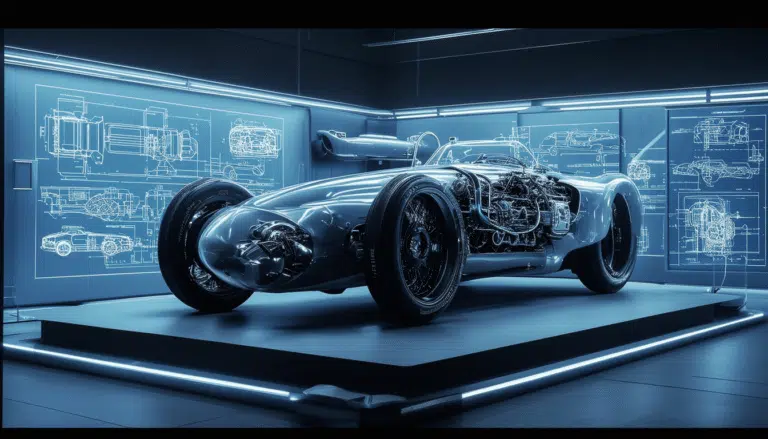Effective tips to save on fuel by maintaining your car

Saving on fuel is a constant concern for drivers, and one of the most effective ways to achieve this is through proper maintenance of the vehicle. Keeping the car in optimal condition not only ensures efficient performance but also contributes to significantly reducing gasoline consumption. With simple adjustments and care, it is possible to optimize the functioning of the engine, tires, and other components, resulting in substantial savings in fuel expenses.
Fuel savings depend not only on how you drive but also on the condition of the vehicle. Keeping your car in optimal condition is essential to ensure efficient fuel consumption. Below are a series of effective tips that will help you achieve reduced gasoline expenses through proper vehicle maintenance.
Regular car maintenance
Performing regular maintenance is one of the most important steps to maintain fuel consumption efficiency. This involves conducting periodic checks of all parts of the car, including the engine, filters, and fuel system. Consulting the owner’s manual will help you determine the appropriate intervals for maintenance. Generally, it’s recommended to perform a check every 10,000 km.
Checking air and oil filters
The air filters and oil filters play a crucial role in engine performance. A dirty air filter can restrict airflow to the engine, negatively affecting the air-fuel mixture, resulting in higher consumption. On the other hand, changing the oil regularly ensures that the engine runs smoothly and efficiently. It is recommended to check these filters with every oil change or every 15,000 km.
Tire condition
Tires are another vital aspect of fuel economy. Maintaining the proper tire pressure can reduce rolling resistance, which directly impacts gasoline consumption. It is important to check tire pressure monthly and rotate them according to the manufacturer’s recommendations. Additionally, choosing low rolling resistance tires can be an excellent investment to improve fuel efficiency.
Exhaust system check
The exhaust system is a component that is often overlooked during maintenance. A faulty exhaust can affect engine performance and increase fuel consumption. Checking for leaks and ensuring all components are in good condition is essential for ensuring the engine operates effectively.
Efficient use of air conditioning
The use of air conditioning can increase fuel consumption by 10% to 20%. It is recommended to optimize its use, for example, by avoiding activation on short trips and opting to open windows whenever possible. Additionally, using air conditioning at reasonable temperatures can minimize fuel expenses.
Turning off the engine during long stops
During long stops lasting more than a minute, it is advisable to turn off the engine. Keeping the engine running while stationary consumes unnecessary fuel. This practice will help reduce expenses and improve the overall efficiency of the vehicle.
Smooth and constant driving
The way you drive also influences fuel consumption. Avoiding sudden accelerations and braking helps maintain a more constant energy flow, increasing fuel efficiency. Driving at constant speeds and within speed limits can greatly reduce gasoline consumption.
Reducing car weight
Removing unnecessary items from the interior and trunk of the vehicle can significantly reduce weight, impacting fuel consumption. The less a car weighs, the less effort the engine needs to exert, which in turn decreases the amount of gasoline consumed. Keeping the vehicle free from extra weight is a simple yet effective strategy.
Importance of alignment and balancing
The alignment and balancing of the wheels are fundamental to ensure the car moves efficiently. If the wheels are misaligned, the vehicle will have to exert more effort to roll, which will increase fuel consumption. It is recommended to check the alignment each time new tires are installed or if handling issues are detected.
For more information on the care and maintenance of your car, visit Exploring the best-kept secrets of vehicles in Mexico.
By following these tips, you can ensure better fuel consumption performance while also extending the lifespan of the vehicle, resulting in better utilization of the money invested in it.
The regular maintenance of your vehicle is key to optimizing its performance and saving fuel. Every part of the car, from the engine to the tires, influences the fuel efficiency it consumes. A well-tuned engine not only operates more smoothly but can also significantly reduce gasoline usage, translating into lower long-term costs.
It is essential to carry out periodic checks of the car, ensuring that all filters, such as the oil and air filters, remain clean and in good condition. A dirty filter can restrict airflow to the engine, causing it to work harder and consume more fuel. Additionally, using high-quality lubricants can increase engine efficiency.
Another aspect to consider is the tires. Keeping them inflated to the proper pressure not only enhances safety but also reduces rolling resistance, helping to lower fuel consumption. Regularly checking the alignment and balancing of the wheels avoids uneven wear and greater gasoline expense.
Finally, responsible driving is also part of vehicle maintenance. Avoiding abrupt accelerations, selecting higher gears, and maintaining a constant speed can significantly impact fuel savings. With small changes in driving habits and a dedicated approach to car maintenance, surprising results in gasoline consumption can be achieved.






